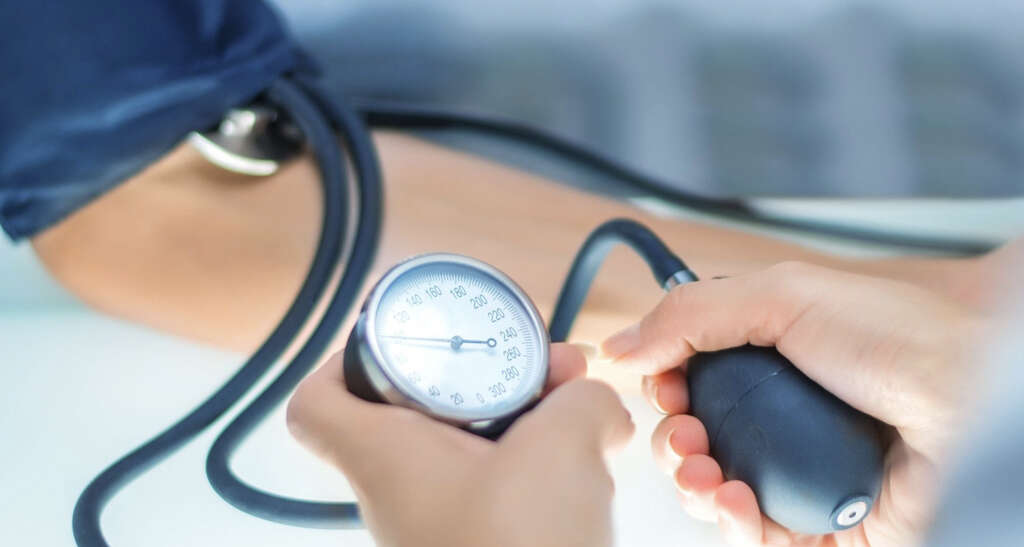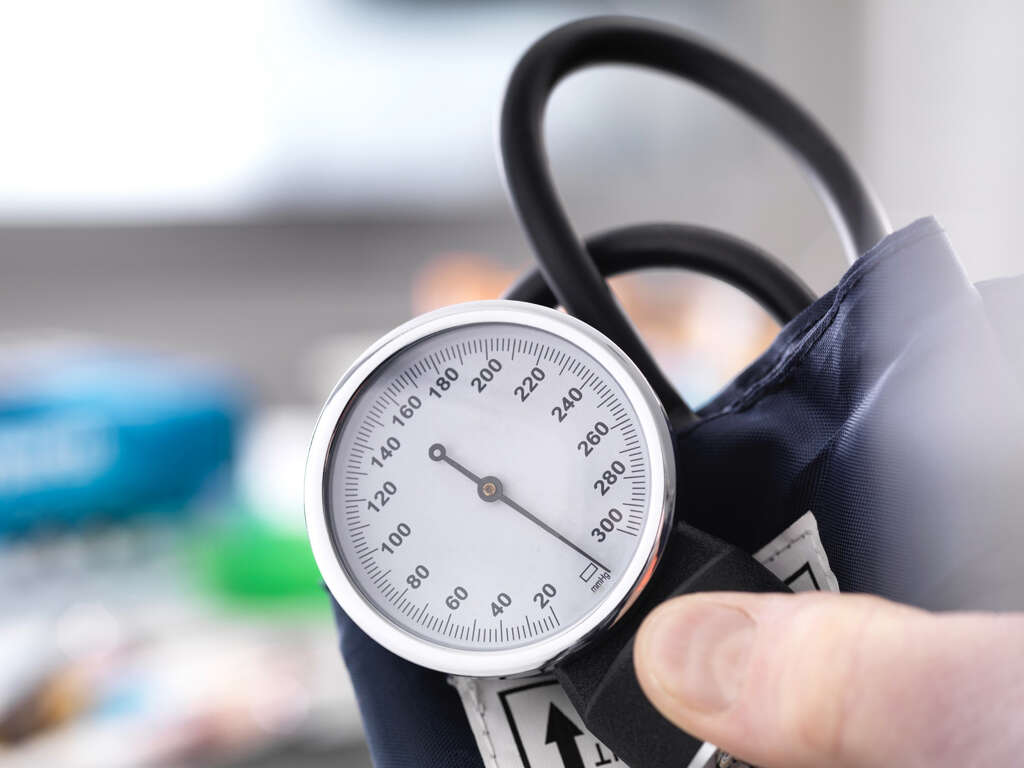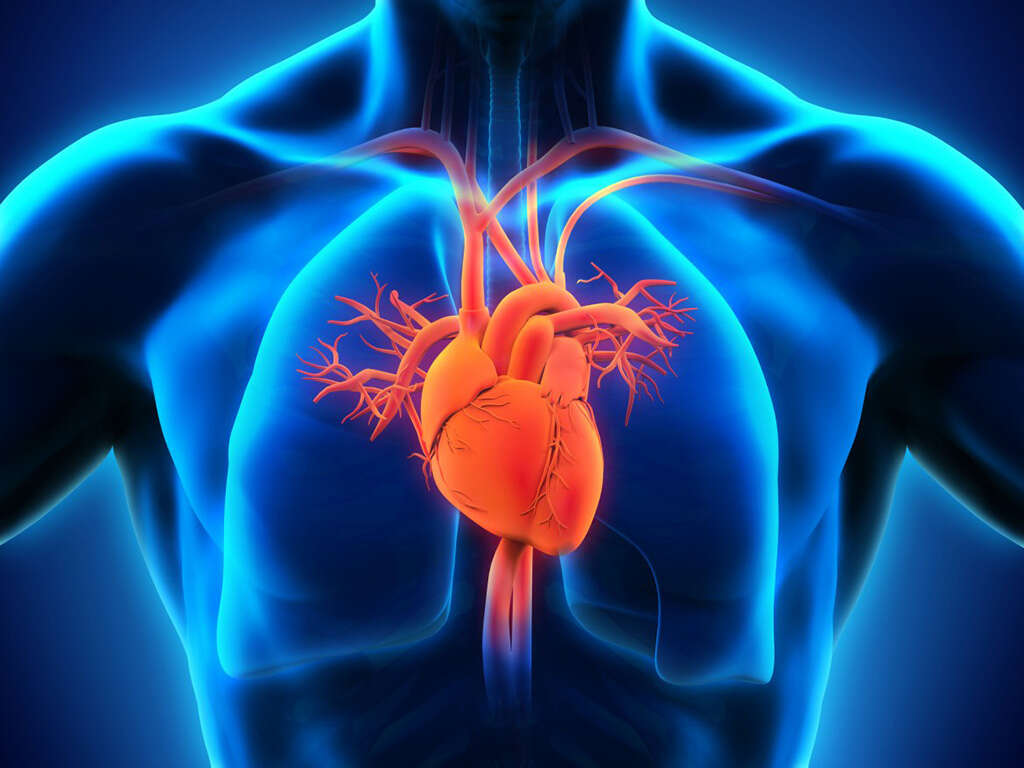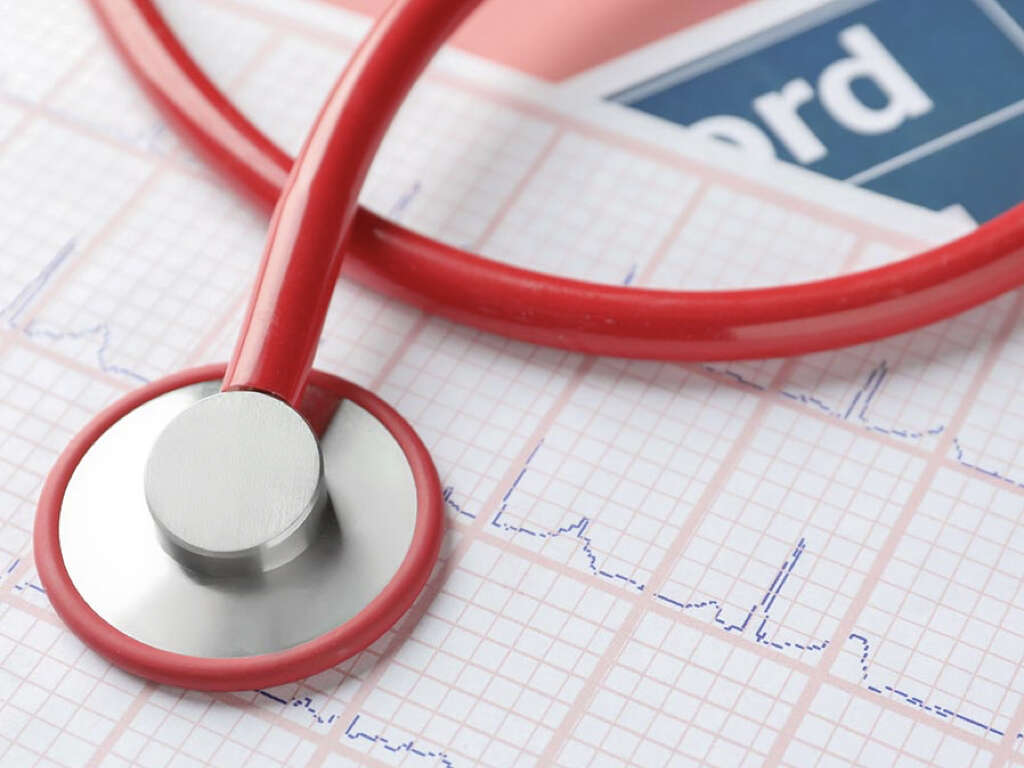What Is Cardiomyopathy?
Cardiomyopathy is an overarching term used to describe numerous heart conditions that affect the heart muscle but have different causes, symptoms and treatments. These diseases occur in people of all ages, both sexes and all ethnicities.
When a person has a cardiomyopathy disease, the heart does not function as it should. Thickened, thinned or hardened walls lead to a weaker muscle that is no longer efficient at pumping blood through the body. This can result in blood building up in the lungs or elsewhere, irregular heartbeats and heart failure.

1. Types
There are four primary types of cardiomyopathy: arrhythmogenic, restrictive, dilated and hypertrophic. Each category describes the primary heart condition that is causing the disease. Arrhythmogenic cardiomyopathy is comprised of diseases that lead to an irregular heartbeat. These diseases are found most often in men and are typically inherited. The remaining three classes indicate the condition of the heart.
Restrictive diseases present heart muscles that are stiff or scarred. It is the least common type. An individual who has a dilated cardiomyopathy disease has a heart with enlarged chambers. Males are more likely to have this condition,
and it is the type most frequently found in children. It can be inherited, but it doesn’t have to be. A thickened heart wall is the defining characteristic of hypertrophic cardiomyopathy. It is frequently inherited and shows up in childhood or the early adult years. It can lead to sudden death without prior symptoms.

2. Symptoms
In the early stages of cardiomyopathy, many people display no symptoms of the disease, and some individuals do not ever show signs that there is anything wrong. In cases where there are indications that the heart is not functioning as it should, symptoms tend to be similar because all types of cardiomyopathy lead to a heart that cannot pump blood effectively.
Breathlessness after mild exertion or while inactive; rapid, pounding or fluttering heartbeat; general fatigue; and swelling in the legs, feet and ankles are common symptoms. Additionally, an individual may feel dizzy or faint, exhibit abdominal bloating or feel pressure in the chest. When the condition is left untreated, symptoms tend to worsen over time.

3. Causes
When an individual develops cardiomyopathy, it is not always possible to determine the cause. However, there are known factors that can contribute to a weakening of the heart muscle. Untreated heart conditions such as high blood pressure, rapid heart rate and metabolic disorders can eventually lead to a cardiomyopathy disease. Heart attacks can potentially cause damage that leads to the problem as well. Other health conditions include pregnancy complications, COVID-19 and other infections and connective tissue disorders.
In addition to health, certain behaviors or habits can lead to heart damage that causes cardiomyopathy. Drinking too much alcohol over a number of years harms the heart’s ability to function. Using drugs such as cocaine, anabolic steroids or amphetamines does the same. Nutritional deficiencies can also lead to a weakened heart muscle. Genetics sometimes plays a role.

4. Risk Factors
Family medical history increases the risk of cardiomyopathy. Person’s with close family members who have had this disease, suffered heart failure or experienced sudden cardiac arrest need their heart health monitored on a regular basis. Consistently high blood pressure or rapid heart rate also makes a person more susceptible to developing cardiomyopathy. Individuals who undergo chemotherapy treatments are vulnerable to the disease, as are those who have underlying heart conditions.
Other risk factors include long-term illicit drug use and alcohol abuse. Obesity makes the heart pump harder to circulate blood; thus, being overweight is a potential risk factor. Likewise, people who consume a diet low in vital nutrients such as thiamine are more prone to developing cardiomyopathy.

5. Complications
One of the primary complications of cardiomyopathy is heart failure. When the heart can’t pump blood through the body efficiently, it continues to weaken over time. Without treatment, heart failure can lead to sudden death. People whose hearts operate at a reduced capacity are also at a higher risk of developing blood clots.
An enlarged heart is one outcome of the disease. It can lead to valves that are unable to close all the way, causing a backward flow of blood and further reducing the heart’s ability to work properly. Cardiomyopathy can result in cardiac arrest and sudden death.

6. Treatment Options: Lifestyle Changes
Making important lifestyle changes is one of the most critical steps a person can take in treating the disease. This may mean altering the diet to include heart-healthy foods. Vegetables and whole grains should play a key role. Consuming fish instead of red meat and abstaining from alcohol consumption are all positive choices.
Depending on the severity of the disease, an individual may need to alter other behaviors as well. A doctor can provide guidance on exercise options to improve heart health without placing more undo pressure on the organ. For those who are overweight, shedding the extra pounds reduces the strain on the heart.

7. Treatment Options: Medical
Medical treatment for cardiomyopathy aims to control the symptoms and slow down the disease’s progression. In many instances, it is necessary to treat an underlying condition, which then reduces the stress on the heart.
Medications may be prescribed to help the heart function better. Blood pressure medicine, diuretics or blood thinners are all possibilities. For some, a pacemaker or defibrillator is recommended. A heart transplant is a last-resort option.

8. Preventative Measures
Cardiomyopathy that is inherited cannot be prevented. Genetics determine who develops the disease. However, for those who do have a family history, a healthy lifestyle can help reduce the severity, control symptoms and prolong life.
Reducing the risk and getting treatment for underlying conditions decreases the likelihood of developing cardiomyopathy. In general, making choices that are good for the heart is the best way to prevent the disease from the types that are not inherited.

9. When to See a Doctor
A person who has any of the symptoms of cardiomyopathy should make an appointment with their physician for a diagnosis. If chest pains, severe difficulty breathing or fainting arise and last longer than a few minutes, call 911 for help.
Individuals with a family history of the disease need to make sure their primary care doctor is aware of it. Since some of the inherited conditions are likely to be missed because there are no symptoms, ongoing monitoring is imperative.

10. Prognosis
Once an individual has cardiomyopathy, it cannot be cured or reversed. The aim, therefore, is to slow the progress and reduce further damage. The prognosis depends on the severity of the disease once it is diagnosed, the cause and the extent to which it can be treated.
Cardiomyopathy can significantly shorten life expectancy. Early detection is vital so treatment can begin immediately. Proper measures, which include a heart-healthy lifestyle, are critical to prolonging life.











